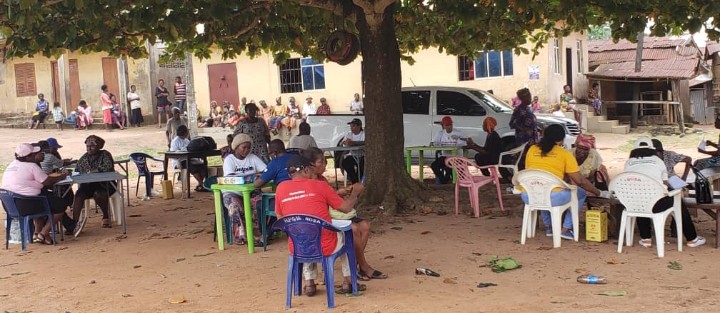The Federal Government on Monday said it will develop policies to promote effective Menstrual Health and Hygiene Management in the country.
Deputy Director, Child Development Department of the Federal Ministry of Women Affairs, Ali Madugu, said this at a one-day meeting to develop Information, Education, and Communication materials on MHHM in Abuja.
According to him, the development of policies and IEC materials are to support advocacy on MHHM to Ministries, Departments, and Agencies, as well as to women and girls at the grassroots.
He said, “Today’s meeting creates an opportunity to kick-start the process of the development of a document that will not only be used for advocacy to stakeholders at the national and state levels but can also be used for sensitisation and awareness creation among adolescent girls and women.
“The materials we are here to develop are not just a document for the Federal Ministry of Women Affairs alone, but a document that will be circulated to all the state ministries across the country.”
Also, the Head of Health Desk Division, Federal Ministry of Women Affairs, Maryam Shuaibu, said the essence of the meeting is to develop IEC materials for improved MHHM.
According to her, It’s not advisable to use tissue paper during menstrual period —Researcher
We enjoy free meals, give us free sanitary pads also, schoolgirls tell govt
Experts make sanitary pads from banana tree fibres
“The objective of this meeting is to develop a handbook that is easily accessible, which provides information for improving menstrual hygiene practices for women and girls, build the competence and confidence of women and girls on menstrual matters and break the silence surrounding the issue.
“It will also promote increased engagement in advocacy on menstrual hygiene and encouraging relevant sectors to collaborate for effective intervention on MHHM,” she said.
According to her, participants in the meeting were expected to come up with a draft IEC on the issue of menstruation among Nigerian women and girls.
She said this was imperative due to the low level of awareness on MHHM, which had contributed greatly to the growing stigma and misconceptions related to menstruation, especially restriction from social activities.







